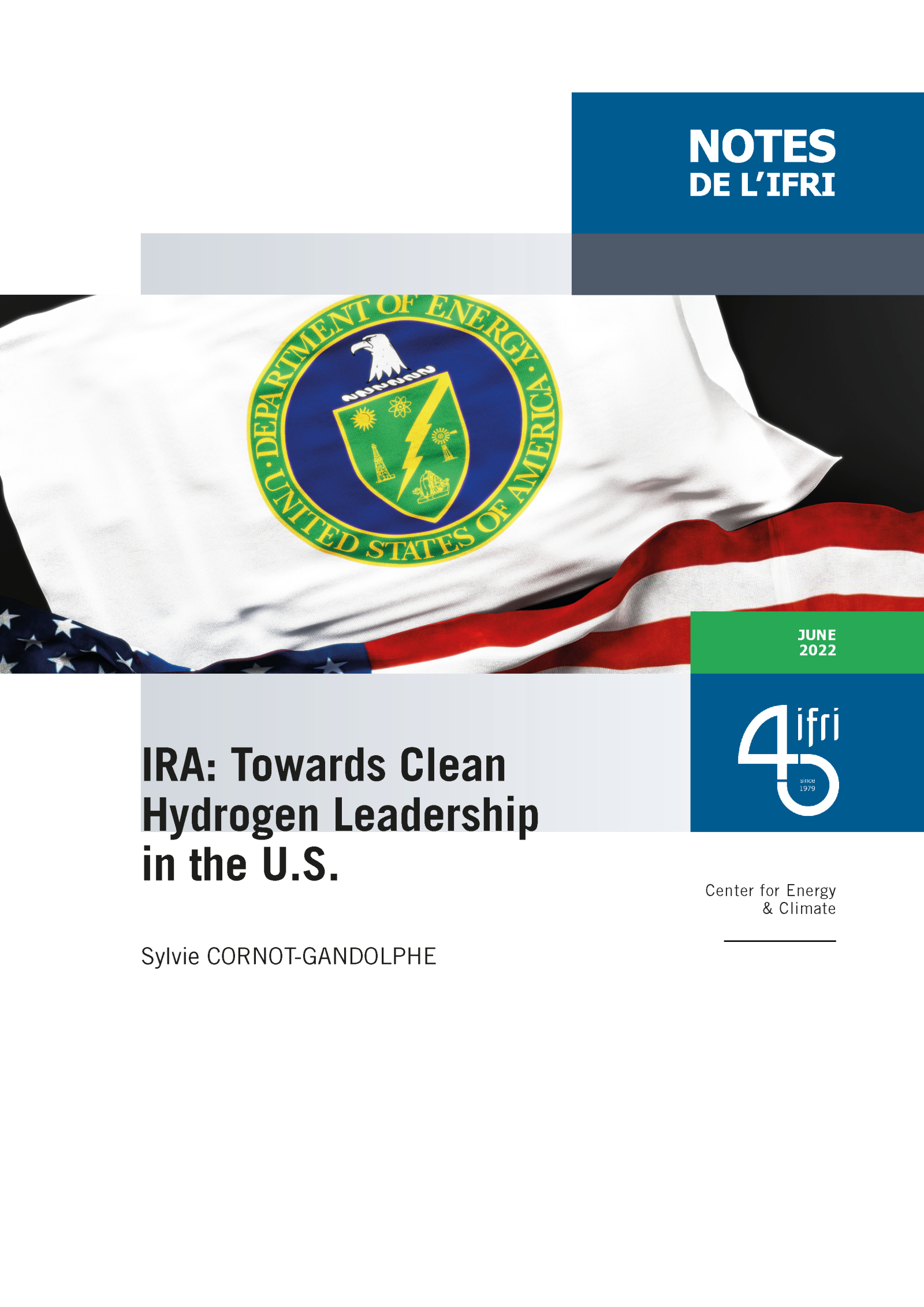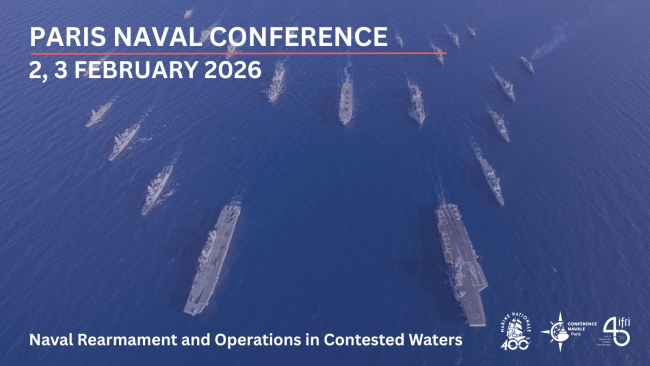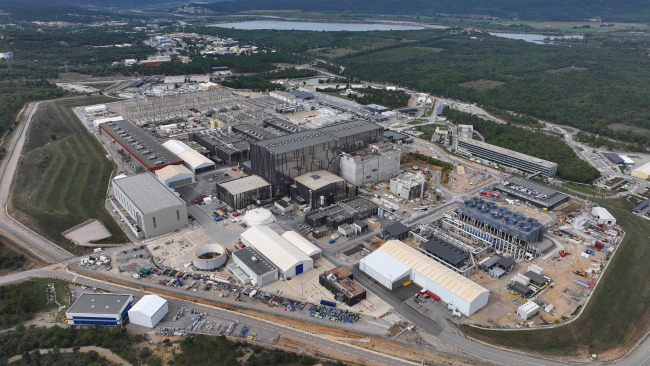Polling in Nigeria: Electoral Issues in a Country Facing Multiple Crises

Practical information
On February 25 and March 11, 93 million Nigerian voters are called to elect their president, deputies, senators, and governors.

While the country is in a deep economic, social and security crisis, which has largely increased over the past 18 months, expectations one these elections and their capacity to bring change are tremendous.
The emergence of a third force, represented by the Labor Party and the figure of Peter Obi, does not seem to affect the expected confrontation between the presidential candidates of the two major parties: Bola Ahmed Tinubu of the All-Progressive Congress Party and Atiku Abubakar of the People’s Democratic Party.
There is no doubt that the newly elected representatives will have to face multiple challenges: population growth, insecurity, massive oil theft and high inflation.
The meeting is organized by IFRI and IFRA-Nigeria, it will review the electoral process and the result of the elections while replacing them in historical dynamics and structural difficulties of the country.
Moderation:
- Alain Antil, Director of the Sub-Saharan Africa Center, Ifri
- Barbara Morovich, Director, IFRA-Ibadan
Speakers:
- Elodie Apard, Research Officer, IRD
- Benjamin Augé, Research Associate, Ifri
- Sa'eed Husaini, Research, Center for Democracy and Development, Abuja
- Cyrielle Maingraud-Martinaud, Deputy Director, IFRA-Ibadan
The event will be on a Zoom platform, in French.
Find out more
Nigeria’s 2023 Election: Democratic Development and Political Fragmentation
Nigerians will go to the polls on February 25 to elect a new president and members of the National Assembly. This marks the 7th in an unbroken sequence of presidential elections held since the country’s return to democracy in 1999.
Related Subjects
Other events

Paris Naval Conference 2026: Naval Rearmament and Operations in Contested Waters
This fourth edition of the Paris Naval Conference (CNP), bringing together high-level military, industrial, and academic speakers, will address the challenges associated with general naval rearmament and naval operations in increasingly contested environments.

Is Fusion Coming Faster and Cheaper than Expected?
ITER was for long time the embodiment of fusion as an international, long standing R&D cooperation objective to seek a new way to produce safe, low carbon and abundant low carbon electricity. Yet over past years, fusion start ups, several governments and investors have decided to push fusion R&D and deployment to complement ITER. Major efforts are ongoing notably in the United States, China, Germany, Italy.

EV Supply Chains for Japan and Europe: Strengthening Economic Security
Economic security aims to ensure the resilience of supply chains for key industries: the case of electric vehicle production in Japan and Europe will be discussed.








